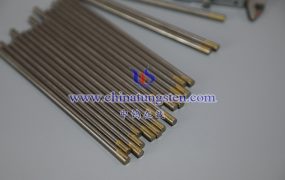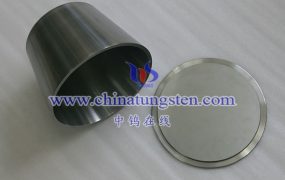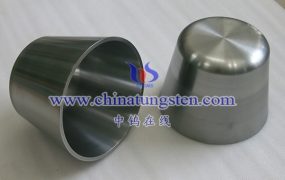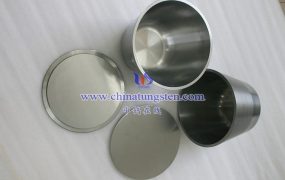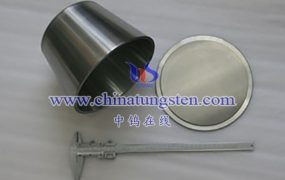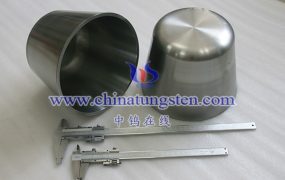Molybdenum electrodes can be used in glass melting mainly due to their excellent performance and characteristics:
High temperature resistance: Molybdenum has excellent high temperature stability and heat resistance. Its melting point reaches 2620 degrees Celsius, and it can work for a long time in a high temperature environment without deformation or damage.
Corrosion Resistance: Molybdenum electrodes have good corrosion resistance to most glass melts and glass chemistries. It is resistant to chemical attack in the glass melt and prolongs the life of the electrode.
Excellent conductivity: Molybdenum is an excellent conductive material with low resistivity and good electrical conductivity. This allows the molybdenum electrodes to efficiently deliver electrical current into the glass bath, providing the required heating energy.
Thermal expansion coefficient matching: The thermal expansion coefficient of molybdenum is close to that of glass material, which means that at high temperature, the thermal expansion between molybdenum electrode and glass is well matched, reducing the risk of fracture and damage due to thermal stress.
Stable chemical properties: molybdenum electrodes will not chemically react with glass during glass melting, and will not introduce impurities or cause adverse effects on glass quality.
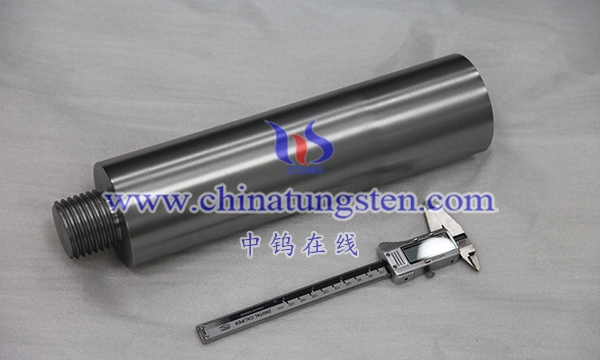
More details of molybdenum or molybdenum alloy products, please visit website: http://molybdenum-alloy.com/index.html
Please contact CHINATUNGSTEN for inquiry and order of molybdenum alloy products:
Email: sales@chinatungsten.com
Tel.: +86 592 5129595
